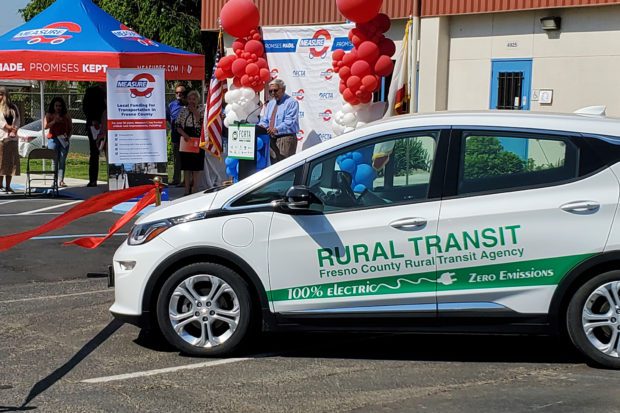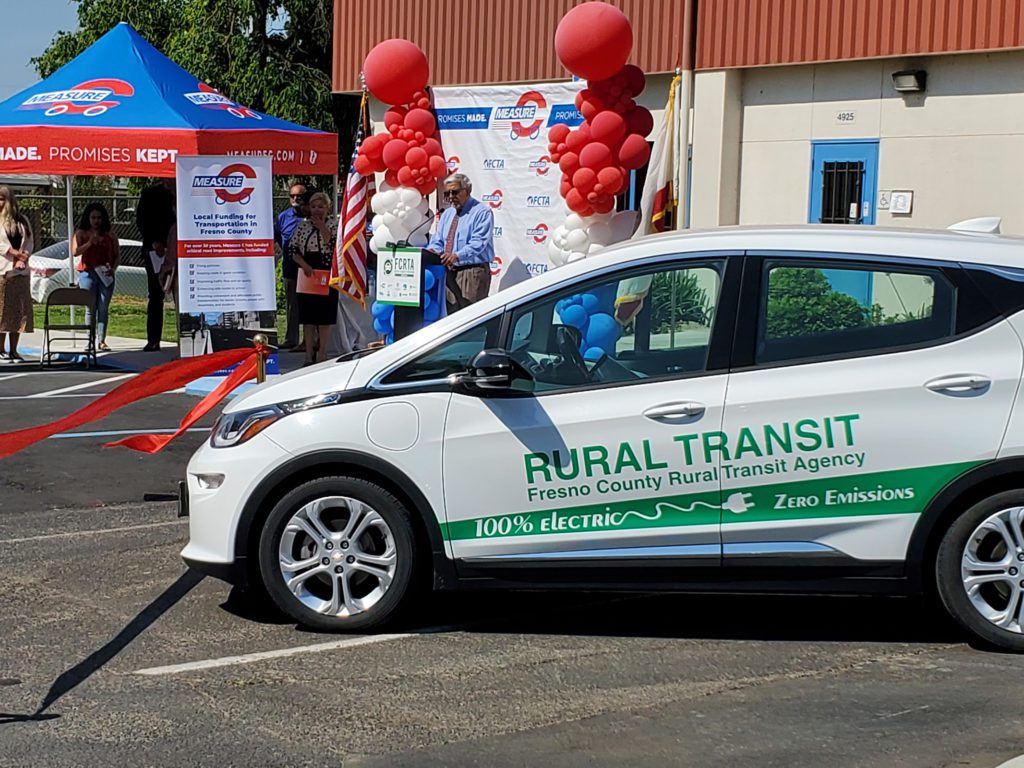

“There is no later. This is later.”—The Road, Cormac McCarthy, RIP (1933–2023)
The road to preparing communities for climate shocks is narrow and short. It has been mostly destroyed by market-based regulations that have dominated society’s policy response to the crisis since the creation of “emissions trading” in the 1980s; activists following the remaining course must wend their way through inept politicians and status quo profiteers, people seemingly as devoid of concern as the cannibals inhabiting McCarthy’s post-apocalyptic wasteland.
For those struggling to understand why world leaders have failed for generations to face the crisis head on, look no further than local government for insights into human nature. There you will find the same impediments at work—primarily greed and ambition. Oligarchs call the shots and a Professional Managerial Class of courtiers and sycophants carries out their orders, a group first named by Barbara and John Ehrenreich in 1977.
To literally travel that road, take a short drive along Shaw Avenue headed west out of town to the unincorporated farmworker community of Biola. The bright spot comes at the end, a simple, inexpensive project representing a first step in the right direction: the Fresno County Rural Transportation Agency’s Micro Transit Project.
A solar power and storage system isn’t in place yet, nor has the Biola Community Center been upgraded to climate resiliency center status. That’s coming.
What’s being heralded as “first of its kind in the United States” for a public transit agency is the dedicated placement of an electric, five-passenger vehicle at a rural transit hub there to be driven by two local residents hired through a third-party employer, MV Transportation, at least one unit of which in San Jose is represented by the Transport Workers Union of America.

The fledgling, one-car Biola project will rely on a pair of retirees working on a part-time basis. Fully trained and insured, they will be able to provide low-cost rides with one day’s notice; technically, the system is classified as paratransit and is designed to connect stranded residents of all ages with goods and services.
A fully funded countywide system could provide higher levels of service free of charge and place transit hubs in the county’s more than 30 unincorporated communities and 13 rural cities. No other type of transportation project deserves greater priority or higher funding, with one notable exception—needed repairs to the neighborhood roads and sidewalks lining those same neglected and unfinished communities. Both come at a fraction of the cost of wider, faster roads and freeways.
Ironically, at the Biola June 16 ribbon-cutting, officials there to pontificate found shade beneath a Measure C pop-up canopy, created for the November 2022 failed sales tax renewal effort and emblazoned with the empty campaign slogan “promises made, promises kept.” The sales tax renewal campaign was opposed and defeated by a local community-labor coalition specifically because of its cuts to such transit projects and the failure to prioritize electrification and neighborhood road repair.
The road to Biola begins at Highway City where Highway 99 dips below Shaw Avenue. In 1960, the new freeway alignment split the community, originally named Biola Junction, down the middle. High-speed rail has gouged another cut in recent years. The freeway interchange there hasn’t been improved in decades; less than a mile back, the railroad tracks cut directly across Shaw Avenue. Long delays in both areas are daily problems.
Yet, saying that Shaw Avenue was Caltrans’ problem, the Measure C–created Fresno County Transportation Authority instead prioritized construction of a new $140 million freeway interchange and railroad crossing at Veterans Boulevard between Shaw and Herndon avenues, connecting Golden State Boulevard east of the tracks to the sprawl subdivisions of single-family residential homes in quarter-mile-long, walled compounds connected by high-speed surface streets.
Growing in leapfrog fashion, the sales tax renewal proposal defeated by voters would have prioritized widening a grid of major arterials throughout this vast growth area west of Highway 99 at taxpayers’ expense, calling them “gap” roads.
Intermittent subdivision construction sites pop up along Shaw; signs point to others to the north and south. Nothing new or transformative is being done here. While little Biola, population 1,600, starts to turn the corner, half a million strong Fresno’s age-old growth pattern of car-dependent growth spread thinly across the countryside continues unabated and developers’ demand for road subsidies grows louder.
A climate-proof community will be able to provide shelter, energy, water, heating, cooling, communication, transportation and food distribution at the neighborhood level, primarily through community centers and schools equipped to operate autonomously during crises. Basic transit infrastructure must also include public restrooms available to all.
The coming second round of debates over the pair of transportation sales tax renewals defeated last year, Measure C in Fresno County and Measure T in Madera County, are the local frontline in the fight for climate resiliency. They won’t be back on the ballot until 2026; advocates have opened a window for community engagement and debate. It’s time to act.
